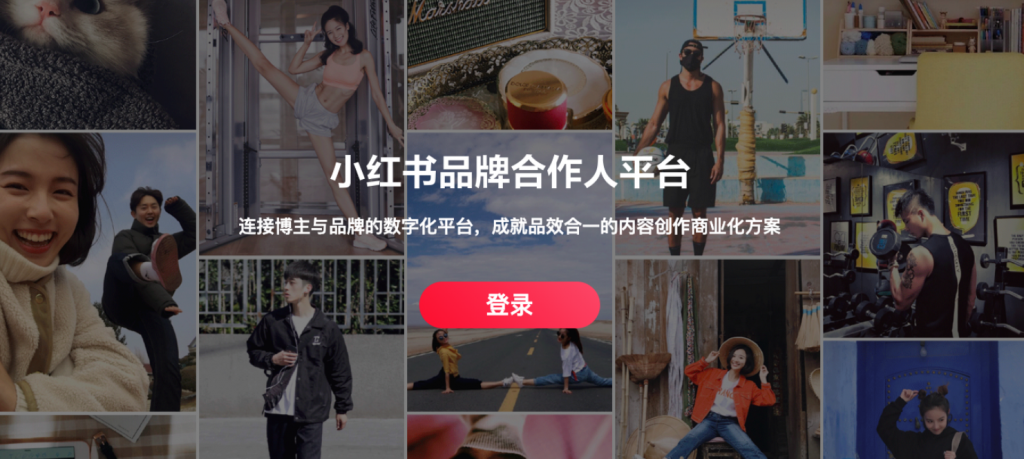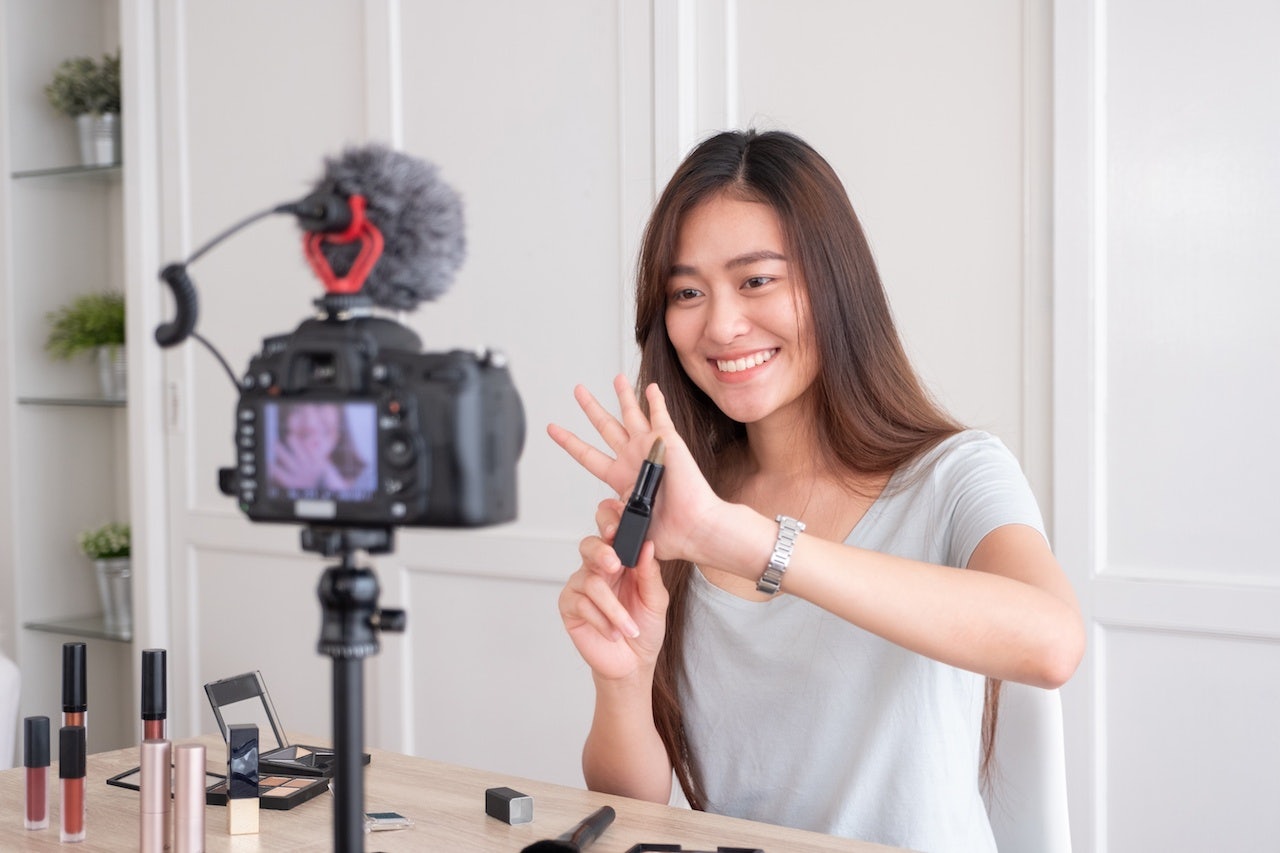In January, the popular social e-commerce app Little Red Book announced the launch of its “brand partner platform.” It connects brands directly to the site’s influencers if they would like to arrange for sponsored posts, endorsements or positive reviews. One of the most visible and important changes that the new platform offers is users can now see which posts are paid content and which are not.
For the industry, the move represents a big step toward regulating the exploding influencer economy that’s changing the Chinese social media landscape.
In the U.S. and U.K., sponsored influencer posts are strictly regulated: If an online influencer doesn’t disclose a sponsored ad, they are in violation of Federal Trade Commission advertising regulations. Now on Little Red Book influencers and brands are also required to make this clear; otherwise, the post is removed (it’s undisclosed how exactly the platform detects illegal posts). Removing posts is a much lighter consequence, but a step in the right direction.
Red has an incentive to police these ads, said VP of Livestreaming at The Meet Group and Red expert, Lauren Hallanan. “The new platform is a form of guerrilla marketing,” she said. “By forcing KOLs to label sponsored ads with brands' accounts, [they’ve created] another way to get brands to open an official account on Red if they want their ads to be seen.”
So far there are about 3,660 brands on the platform. Beauty and fashion brands like La Mer, YSL, Shiseido, MAC, and Fendi have recently launched official accounts and now collaborate with bloggers that launch their promotional content.

The platform itself can be beneficial for advertisers, as it’s an analytical tool that allows brands to easily access and share the results of their campaigns and data from different influencers, including the number of followers, posts, likes, comments, and more.
But this type of influencer platform isn’t new. The social media platform Weibo and the short-video app Douyin each previously tried to implement similar measures that weren’t well received and charged exorbitant commission fees. Ultimately, advertisers complained that it was simply a way for those companies to make money.
Unlike Weibo and Douyin, Little Red Book was designed as a social e-commerce platform from the beginning -- one that users browse to help with shopping decisions. And although Red might have an easier time monetizing its platform, the company has yet to try to monetize as aggressively as their predecessors did. For example, the “brand partner platform” allows influencers with more than 1,000 fans to participate, which means that even smaller micro-influencers can easily join, albeit without making commissions (though this could change in the future).
Red seems to understand why it’s important to make this move. Local consultancy Analysys International projected that the China influencer economy will be worth over 15.5 billion this year, and the influencer market is only growing larger and faster. By labeling sponsored posts as clearly as possible, Red can make sure the content environment is truthful, creating the perception that the playing field is equal for all influencers. That transparency is important for a platform that has earned its followers' loyalty because of its strong reputation for offering real opinions on luxury brands.


